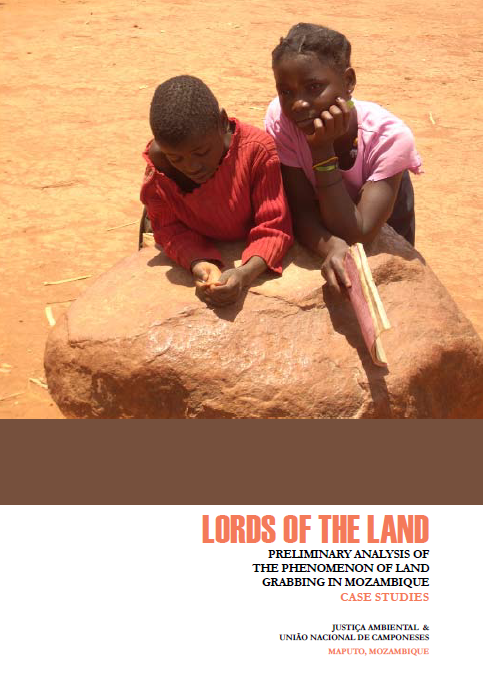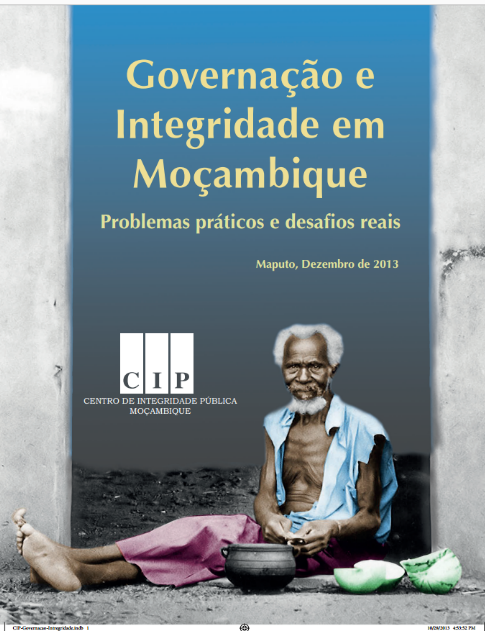Relatório Proterras Comunitárias
O presente Relatório descreve a forma como o projecto Pro-Terras Comunitárias foi implementado. Em particular, o projecto descreve as causas da realização desta pesquisa, a metodologia usada, analisa os dados obtidos e produz recomendações sobre como melhor proteger os direitos das comunidades e dos grupos vulneráveis. Este projecto foi implementado em 20 comunidades dos distritos de Jangamo, Homoine e Morrumbene, localizados na província de Inhambane e teve a duração de 18 meses.





